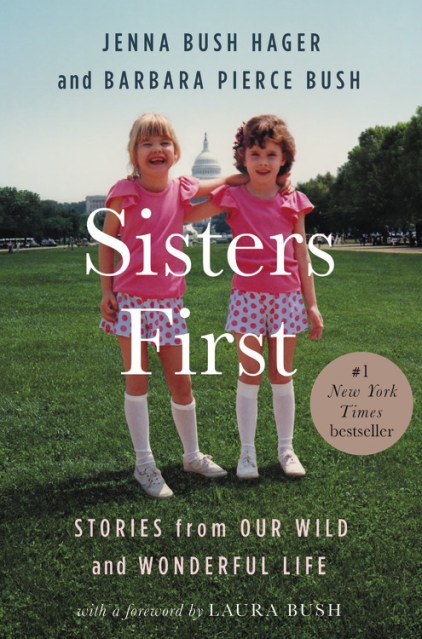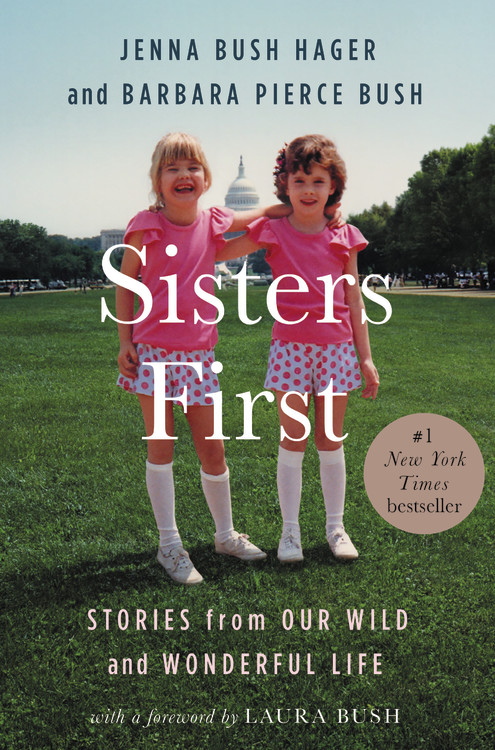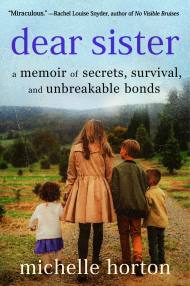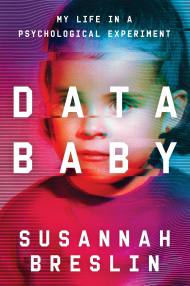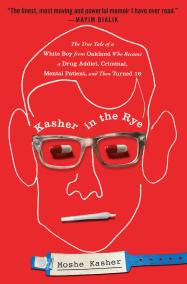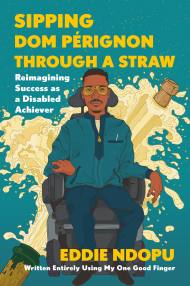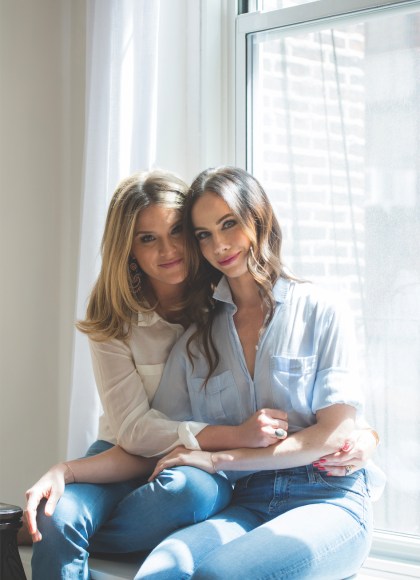Promotion
Use code MOM24 for 20% off site wide + free shipping over $45
Sisters First
Stories from Our Wild and Wonderful Life
Contributors
Foreword by Laura Bush
Formats and Prices
Price
$28.00Price
$36.50 CADFormat
Format:
This item is a preorder. Your payment method will be charged immediately, and the product is expected to ship on or around October 24, 2017. This date is subject to change due to shipping delays beyond our control.
Also available from:
Born into a political dynasty, Jenna and Barbara Bush grew up in the public eye. As small children, they watched their grandfather become president; just twelve years later they stood by their father’s side when he took the same oath. They spent their college years watched over by Secret Service agents and became fodder for the tabloids, with teenage mistakes making national headlines.
But the tabloids didn’t tell the whole story. In Sisters First, Jenna and Barbara take readers on a revealing, thoughtful, and deeply personal tour behind the scenes of their lives, as they share stories about their family, their unexpected adventures, their loves and losses, and the sisterly bond that means everything to them.
Genre:
-
"Deeply personal, emotional and often funny...People
-
"In this funny and heartfelt memoir, the twin daughters of President George W. Bush and First Lady Laura Bush offer their perspective on growing up in the public eye...Readers will be entertained by this charming, wild, and wonderful pair of life stories."Publishers Weekly (starred review)
-
"This illuminating work from the daughters of one of America's most well-known families offers a satisfying behind-the-scenes look into the personal side of politics."Library Journal
-
"An enjoyably nostalgic scrapbook stocked full of memories from twins born into a political dynasty."Kirkus
-
"The two first daughters emerge as surprisingly well-adjusted, intelligent young women with strong family bonds in this insightful look at life inside the White House."Booklist
- On Sale
- Oct 24, 2017
- Page Count
- 256 pages
- Publisher
- Grand Central Publishing
- ISBN-13
- 9781538711415
Newsletter Signup
By clicking ‘Sign Up,’ I acknowledge that I have read and agree to Hachette Book Group’s Privacy Policy and Terms of Use
